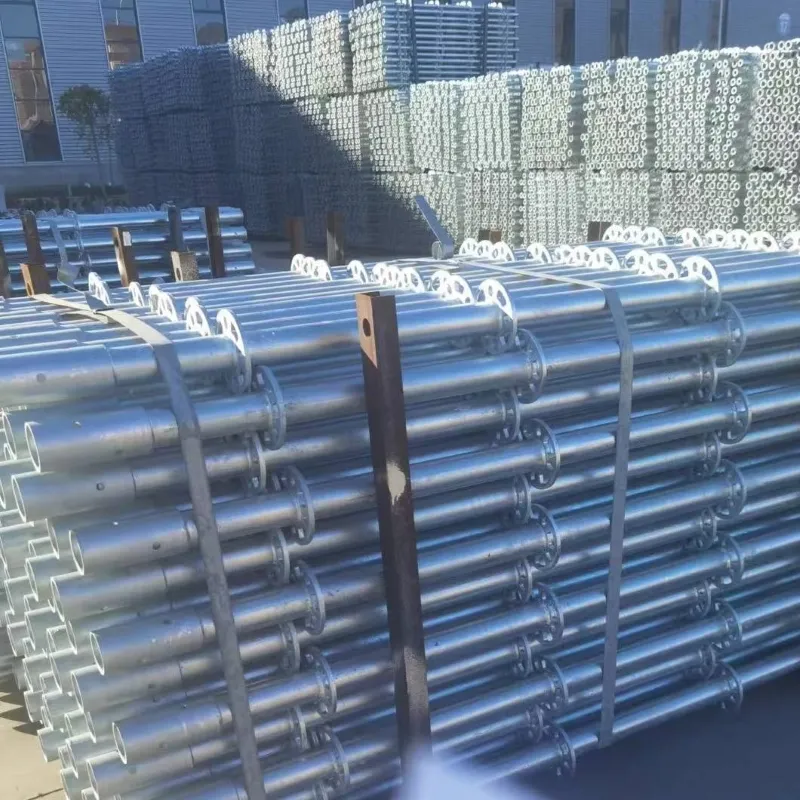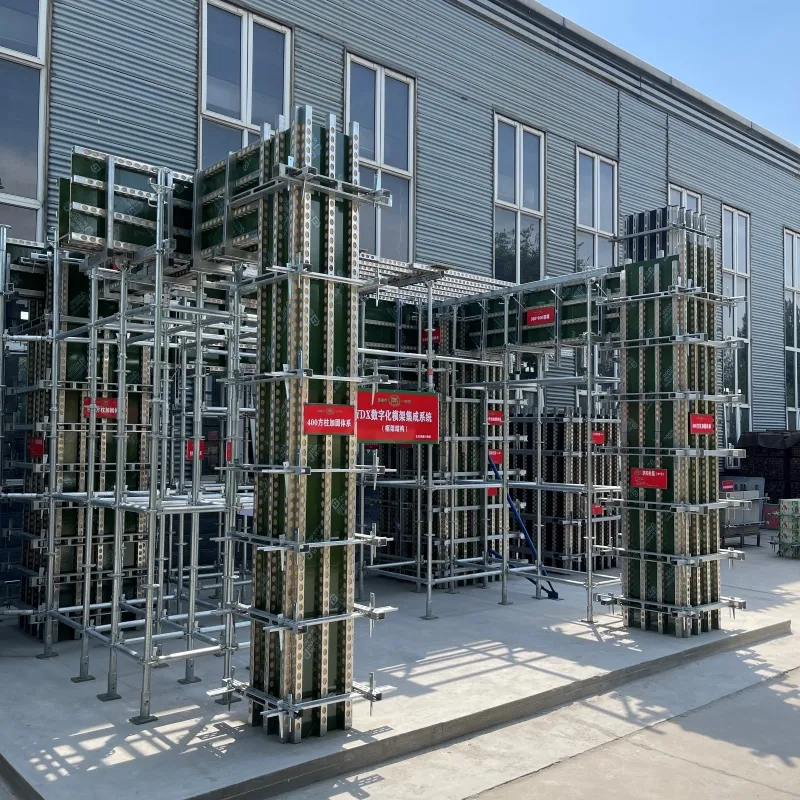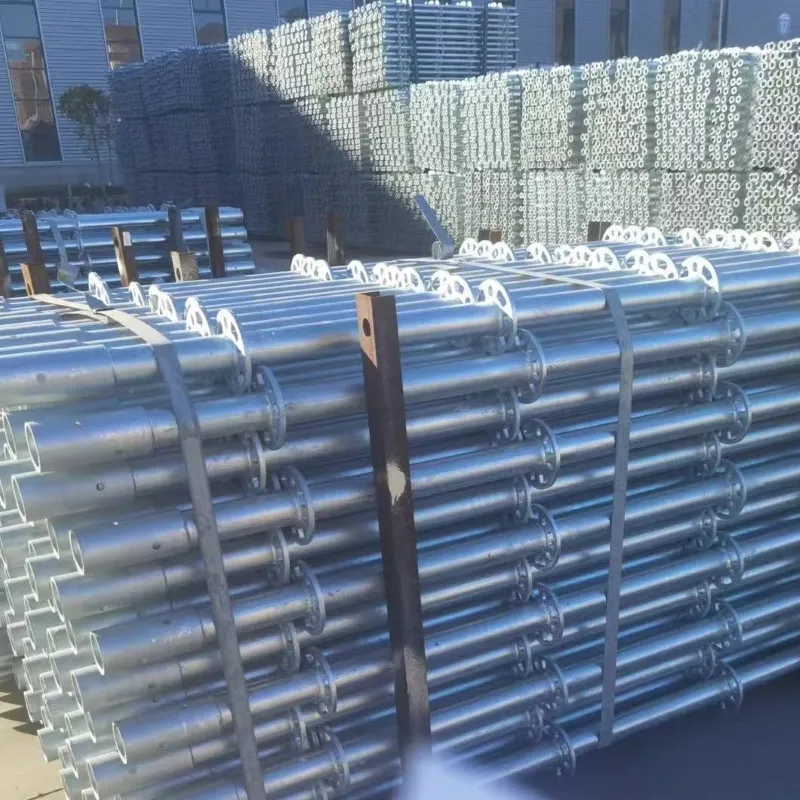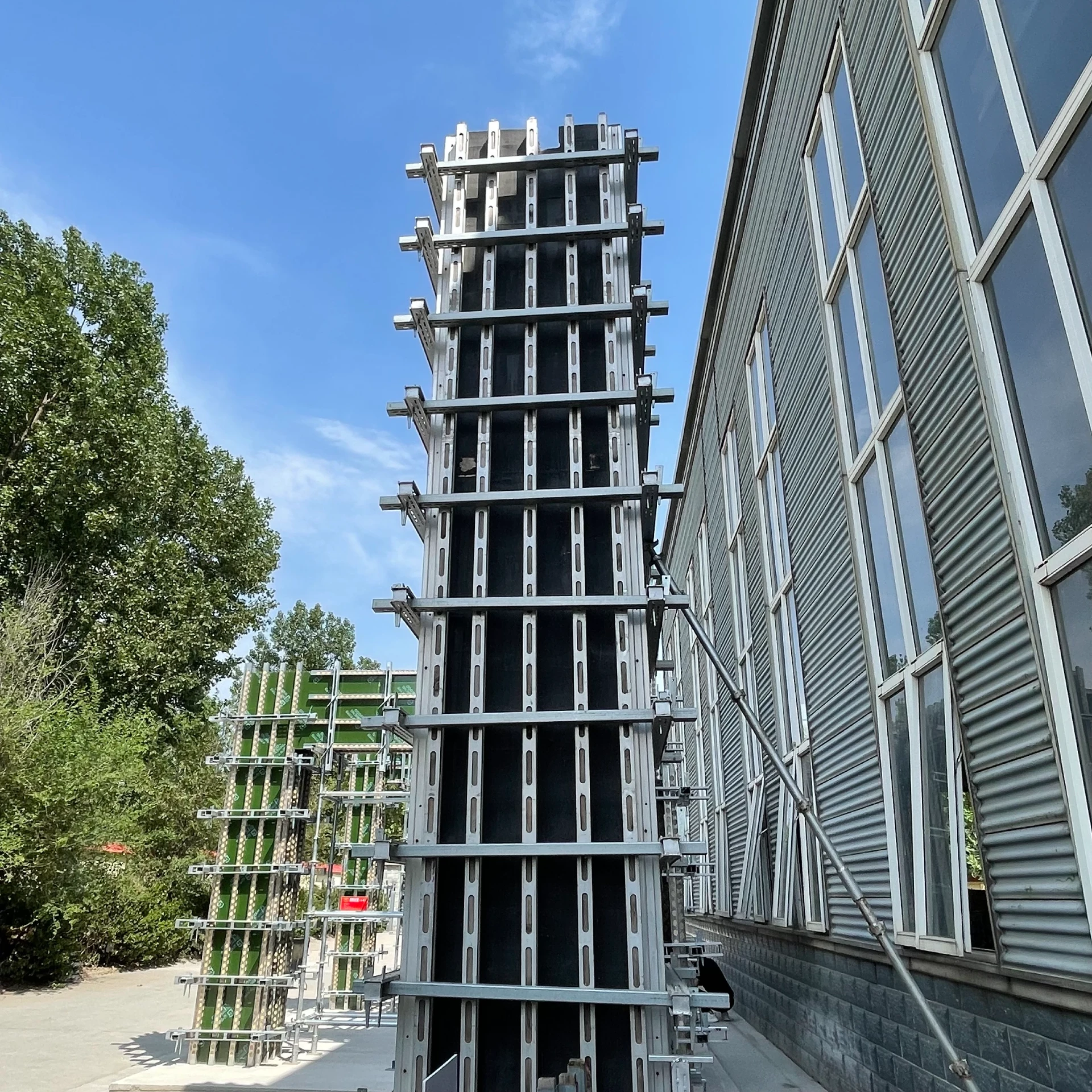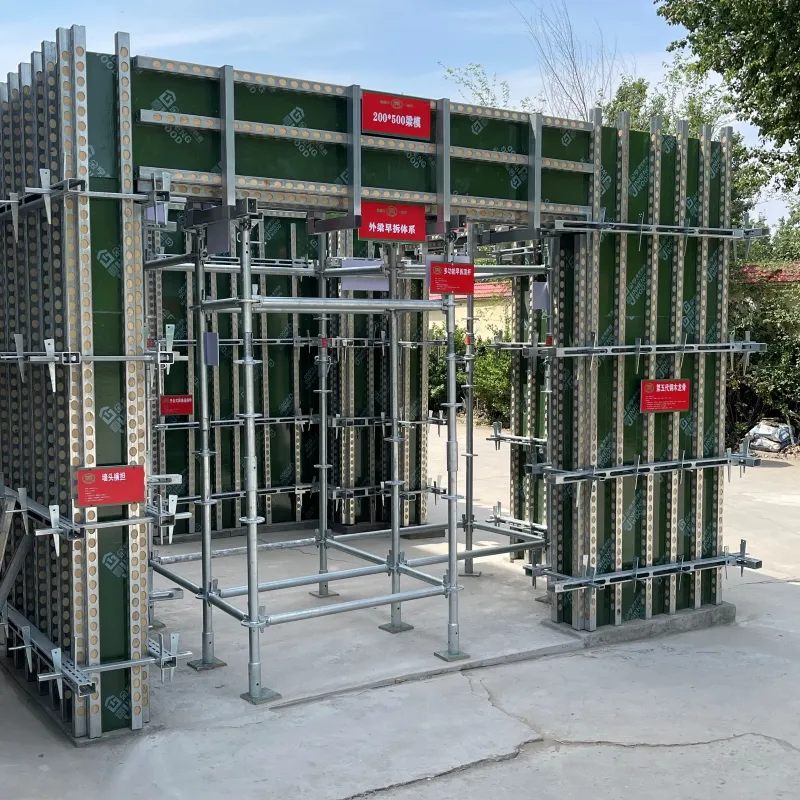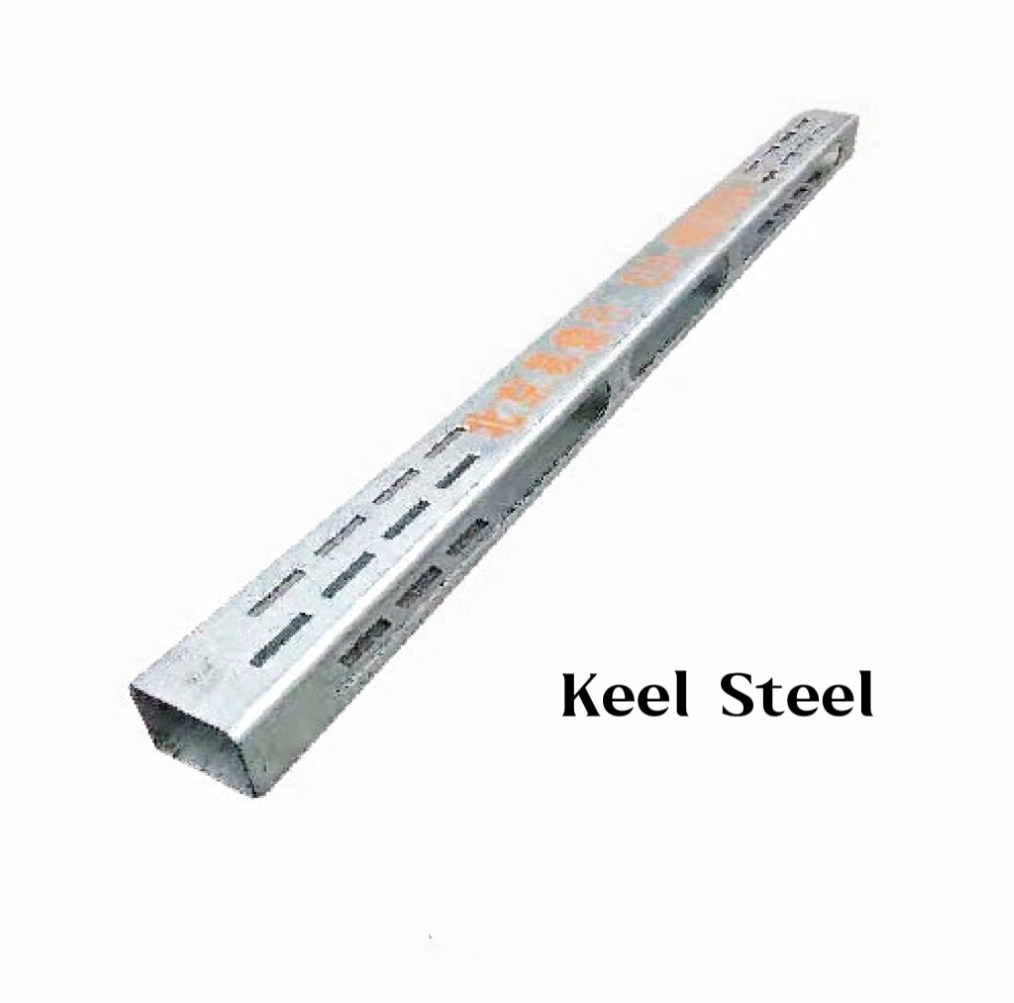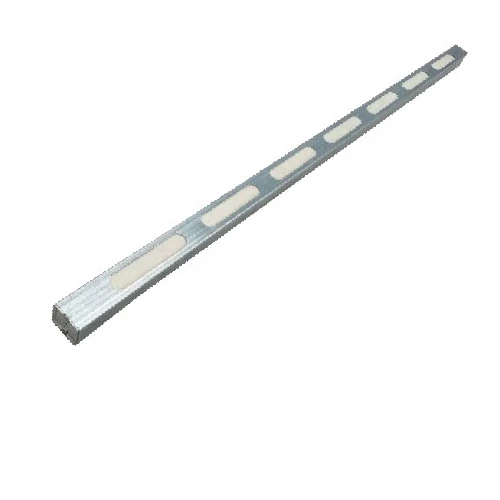
2月 . 11, 2025 15:46
Back to list
scaffold platform
Scaffold platforms have revolutionized the construction and maintenance industries, offering unparalleled access and safety to workers across myriad projects. From towering skyscrapers to intimate residential renovations, the versatility and security of scaffold platforms make them indispensable tools, aligning with a demand for quality and reliability in today's fast-paced world.
Trustworthiness in scaffold platforms primarily revolves around the suppliers and manufacturers. Opting for products from companies with proven track records and industry certifications helps in mitigating risks and ensuring reliability. These manufacturers often provide crucial support, not only in terms of high-quality materials but also through instructional resources and post-purchase support services, which can greatly benefit users at any experience level. Innovation in scaffold platform design continually enhances their application scope and safety features. Modern systems integrate advanced materials with smart safety features, such as digital tools for load measurement and predictive maintenance alerts. These advancements are central not only to efficient scaffold use but also to building trust with stakeholders who prioritize innovative safety practices. Practical case studies abound where scaffold platforms have provided exceptional results. Consider high-rise window cleaning – here, scaffold platforms enable teams to navigate the façade of skyscrapers with precision, enhancing both productivity and safety. Similarly, in historical restoration projects, scaffold platforms are essential for providing access without compromising the structural integrity of sensitive sites. As the construction landscape continues to evolve, so do scaffold technologies and practices. By embracing continuous education and adaptation, professionals using these platforms not only keep pace with change but leverage it to ensure the highest standards of safety and productivity. In summary, scaffold platforms' pivotal role in contemporary construction and maintenance signals their importance as tools of both skill and safety. Through a blend of experience, expertise, authoritativeness, and trustworthiness, these structures provide a foundation for successful and secure project execution, ensuring peace of mind for workers and project managers alike.
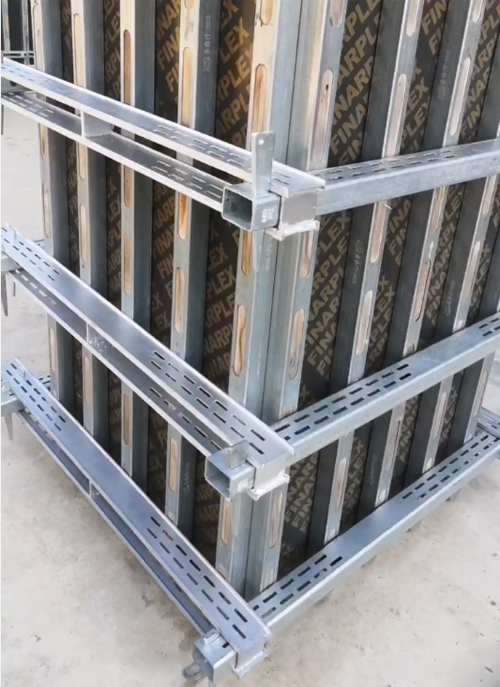
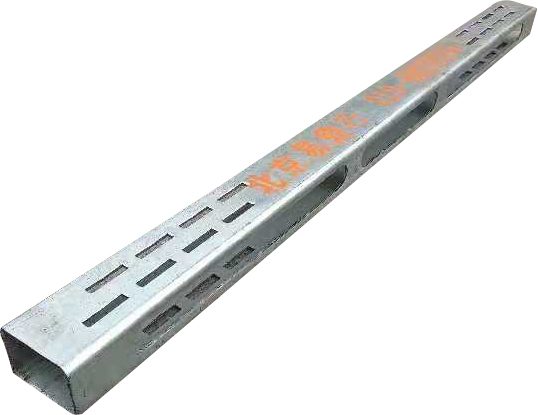
Trustworthiness in scaffold platforms primarily revolves around the suppliers and manufacturers. Opting for products from companies with proven track records and industry certifications helps in mitigating risks and ensuring reliability. These manufacturers often provide crucial support, not only in terms of high-quality materials but also through instructional resources and post-purchase support services, which can greatly benefit users at any experience level. Innovation in scaffold platform design continually enhances their application scope and safety features. Modern systems integrate advanced materials with smart safety features, such as digital tools for load measurement and predictive maintenance alerts. These advancements are central not only to efficient scaffold use but also to building trust with stakeholders who prioritize innovative safety practices. Practical case studies abound where scaffold platforms have provided exceptional results. Consider high-rise window cleaning – here, scaffold platforms enable teams to navigate the façade of skyscrapers with precision, enhancing both productivity and safety. Similarly, in historical restoration projects, scaffold platforms are essential for providing access without compromising the structural integrity of sensitive sites. As the construction landscape continues to evolve, so do scaffold technologies and practices. By embracing continuous education and adaptation, professionals using these platforms not only keep pace with change but leverage it to ensure the highest standards of safety and productivity. In summary, scaffold platforms' pivotal role in contemporary construction and maintenance signals their importance as tools of both skill and safety. Through a blend of experience, expertise, authoritativeness, and trustworthiness, these structures provide a foundation for successful and secure project execution, ensuring peace of mind for workers and project managers alike.
Share
Next:
Latest news
-
The Importance of Reinforcement Bar in ConstructionNewsJul.11,2025
-
The Durability of Timber Steel FurnitureNewsJul.11,2025
-
How to Assemble Fixed Clamp Scaffolding SafelyNewsJul.11,2025
-
Essential Column Rebar Specifications for High-Rise BuildingsNewsJul.11,2025
-
Common Applications of Steel Keels in ConstructionNewsJul.11,2025
-
Benefits of Using Aluminum Scaffolding Ladders Over SteelNewsJul.11,2025
-
Stainless Steel Keel: Analysis of the Triple Advantages of Rigidity, Stability, and LightweightNewsJun.19,2025
Related Products




